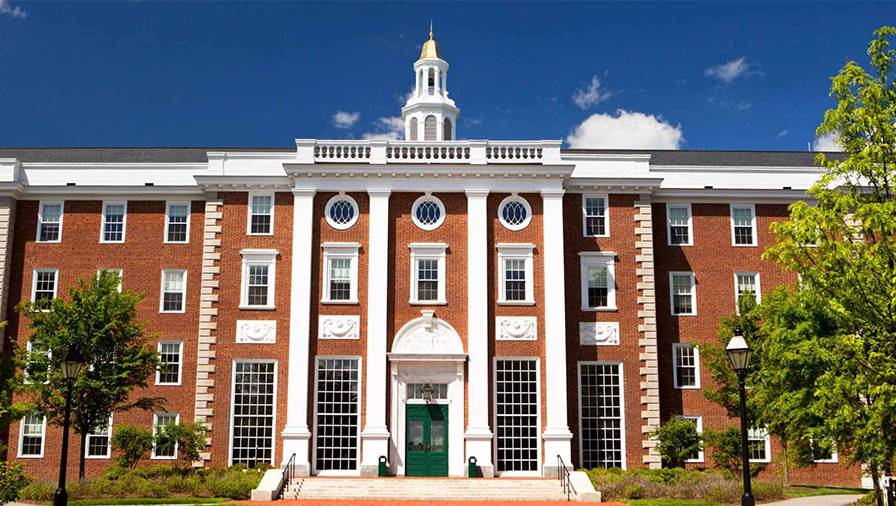US bond yields rise on Trump tax bill; Harvard ban
And scientists have created contact lenses that grant 'super-vision'.
Donald Trump.
And scientists have created contact lenses that grant 'super-vision'.
Donald Trump.
Welcome to Friday. Here's all the latest political and business news making headlines around the globe.
First up, US President Donald Trump's "big, beautiful" multi-trillion dollar tax bill has passed its first hurdle, with the House narrowly passing it with a vote of 215 to 214.
The legislation has been hotly contested by Democrats and some Republicans, with it estimated to add US$5.2 trillion to US debt and increase the country's budget deficit by about US$600 billion in the next fiscal year.
It will extend tax cuts which Trump passed during his first administration, which are due to expire, as well as temporarily eliminate taxes on overtime work and tips. At the same time, the bill – which now heads to the Senate – makes significant spending cuts in areas like healthcare and food assistance programmes while ramping up spending on defence and funding deportations.
The 30-year Treasury yield traded at levels not seen since 2023, touching 5.14% before retreating. Bloomberg reported there was also "tepid demand" at an auction of 20-year bonds ahead of the bill passing, while stocks initially tumbled before recovering later in the day.
“Investors are now asking themselves a very difficult question, which is, would you loan the US government money at 5% for 30 years?” DWS Americas head of fixed income and trading George Catrambone told Bloomberg. “That’s the question that we have and are facing the long end of the Treasury market.”

The Trump Administration has also today told Harvard University it cannot enroll international students, a further blow after the government froze billions of dollars of federal funding.
Existing international students must transfer or lose their legal status, the Department of Homeland Security said in a statement. The department also accused Harvard’s leadership of co-ordinating with the Chinese Communist Party.
“Harvard’s leadership has created an unsafe campus environment by permitting anti-American, pro-terrorist agitators to harass and physically assault individuals, including many Jewish students, and otherwise obstruct its once-venerable learning environment,” the statement said.
Harvard has called the government's action unlawful.
Remaining in the US, 30-year-old Elias Rodriguez has been detained and identified by police for allegedly shooting two Israeli embassy staff members dead after an event at the Capital Jewish Museum in Washington DC.
The couple who were allegedly killed have been named as Sarah Lynn Milgrim and Yaron Lischinsky. Police say the alleged gunman shouted "free Palestine" after being taken into custody.
In China, billionaire Lei Jun has unveiled plans from the company he founded, Xiaomi, to produce its first SUV. The five metre long vehicle's top model is said to be able to travel 760 kilometres on a single charge and hit 100km/h in 3.23 seconds, which is faster than Tesla's Model Y.
At the event in Beijing, Xiaomi also revealed a new chip which is aimed at being a competitor to Apple and Qualcomm chips. The company will invest 200 billion yuan ($47b) in research and development over the next five years.

Lei Jun.
Finally today, the Guardian reports that scientists have created contact lenses that grant 'super-vision' by allowing them to see infrared light, which is usually invisible to the naked eye.
The contact lenses do not need a power source and wearers can see both infrared and all normal colours of light at the same time. University of Science and Technology of China neuroscientist Tian Xue said the work could lead to a range of contact lenses, glasses and other wearable devices which would give people "super vision".
Sign up to get the latest stories and insights delivered to your inbox – free, every day.